|
John Tyman's Cultures in Context Series EGYPT and the SAHARA www.johntyman.com/sahara |
|
2.6 The Colonial Era and Beyond : 118-126 |
| . |
|
John Tyman's Cultures in Context Series EGYPT and the SAHARA www.johntyman.com/sahara |
|
2.6 The Colonial Era and Beyond : 118-126 |
| . |
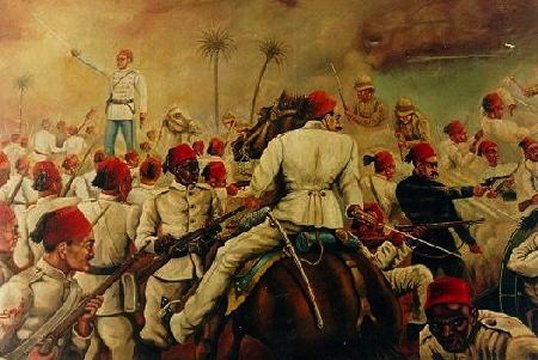 |
| .119. Egypt's position was similar in part, in that it too owed allegiance to Turkey, but it was different in that while British troops occupied the country in 1882 (to safeguard the Suez Canal) it was not officially declared a British protectorate till 1914. It was designated an independent kingdom in 1922, but a British presence was maintained till 1954. (British troops suppress rebellion of Ahmed Orabi in 1882: courtesy Youregypt.com ) |
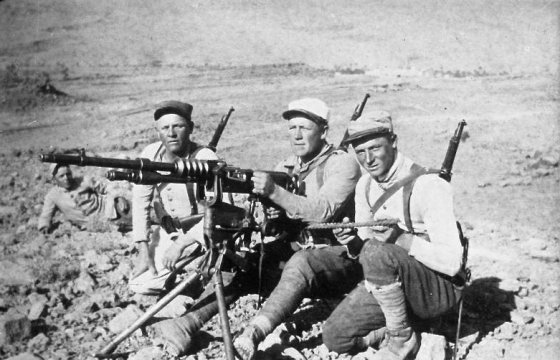 |
| .121. Morocco, to the west, was a French protectorate between 1912 and 1956, save for the coastal strip opposite Gibraltar, which was controlled by Spain during the same period. The largest colony in Africa, however, was French West Africa, which covered what we now know as Mauritania, Mali, Niger and Chad; all of which gained independence in 1960 (together with much of West Africa). (French Foreign Legionnaires in Morocco in 1920 : courtesy German Federal Archives at Wikipedia ) |
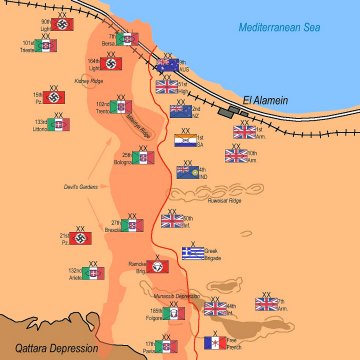 |
| .122. During the Second World War the conflict between the European powers raged over North Africa also. Italy was allied with Germany and the British and the French struggled to maintain a foothold here. The Allied victory in the second battle fought at El Alamein in October 1942 turned the tide in Britain’s favor and ended the German threat to Egypt and the Suez canal. (Deployment of forces on the eve of the battle : courtesy Noclador at Wikipedia ) |
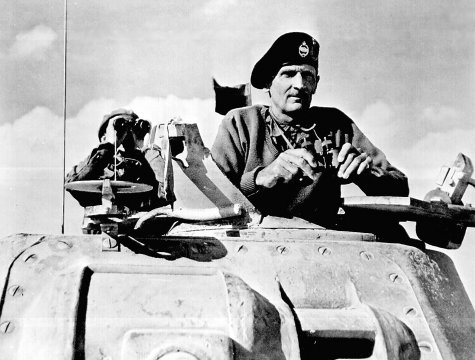 |
| .123. At El Alamein the Allied Army under Montgomery suffered 2,350 men killed and the Axis (German and Italian) forces commanded by Rommel lost 2,120.The Axis army withdrew progressively westwards and the battles that were fought as they did so disrupted the political status quo and foreshadowed the end of the colonial era. (General Montgomery watches the advance, November 1942 : courtesy The Imperial War Museum at Wikipedia ) |
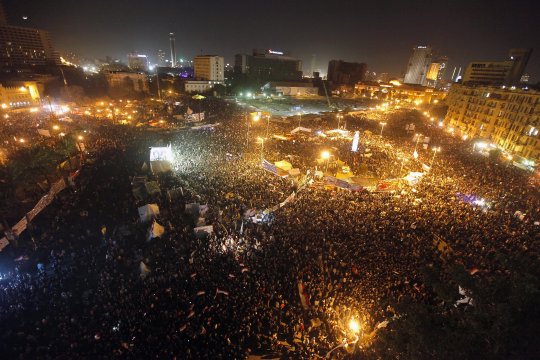 |
| .124. In the wave of nationalism which followed the World War, Britain, France, and Spain were forced to surrender control over their colonies. (Italy had lost Libya during the war.) Several of these independence movements, though grounded in democratic principles, were subsequently replaced by dictatorships. In the “Arab Spring” of 2012 a succession of street protests (and in Libya’s case civil war) sought to reverse this trend -- with varying degrees of success. (Celebrations in Cairo on the overthrow of President Mubarak, in February 2011: courtesy Reuters ) |
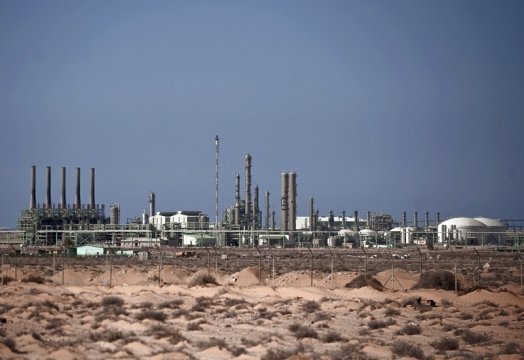 |
| .125. The other development of both cultural and political significance has been the discovery and development of the vast oil and gas reserves of the Sahara. The first well to produce oil was at Hassi-Messaoud (south of Ouargla) in 1956, after years of exploration and trial drilling. During the exploration phase roads were built across the Sahara, plus airfields for the planes used in aerial surveying. And shallower wells were sunk to provide water for the use in the drilling process. (Libyan oil refinery at Ras Lanuf courtesy Arabianoilandgas.com ) |

![]()
Text and photos by John Tyman
unless otherwise indicated.
Intended for Educational Use
Only.
Contact Dr. John Tyman at johntyman2@gmail.com
for more information regarding
licensing.
![]()
www.hillmanweb.com
Photo processing, Web page layout,
formatting and hosting by
William
Hillman ~ Brandon, Manitoba ~ Canada